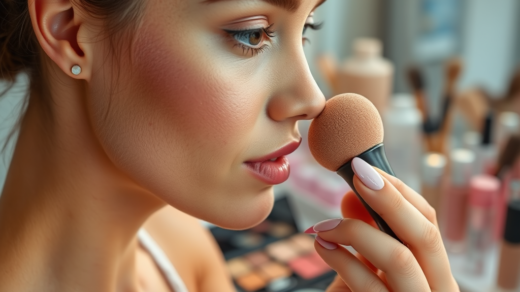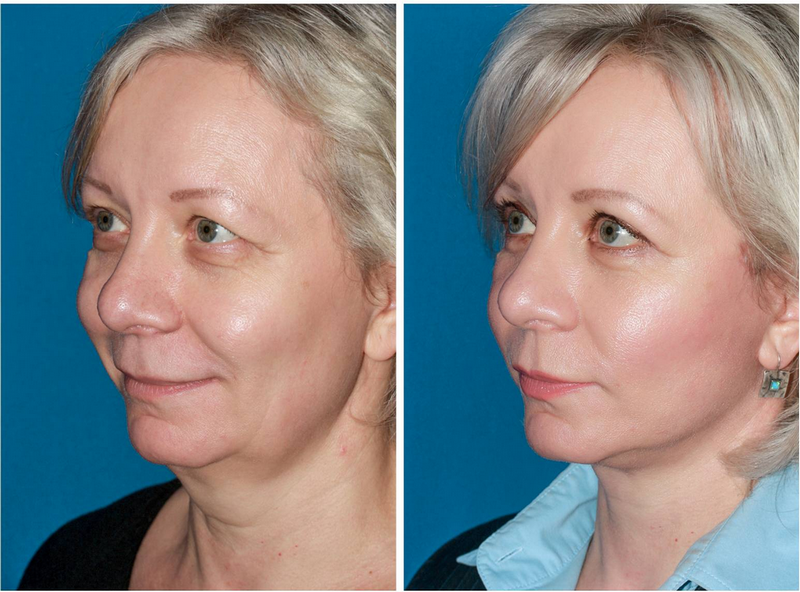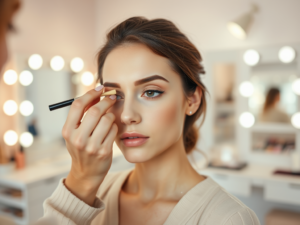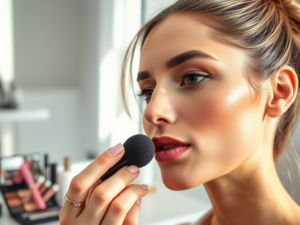How to Remedy Oily Skin
Dealing with oily skin can often feel like a never-ending battle, but several effective remedies can help manage and reduce excess oil production. In this article, we will explore various methods to treat oily skin, addressing everything from skincare routines to dietary adjustments, ensuring that you can find a solution that works best for you.
Understand Your Oily Skin

Before diving into remedies, it’s essential to understand the main causes of oily skin. Oily skin occurs when your sebaceous glands produce more sebum than necessary, leading to a shiny complexion and often resulting in acne breakouts. Factors such as genetics, hormonal changes, and environmental conditions can significantly influence oil production. Understanding your skin type will allow you to choose products that not only manage oiliness but also cater to the individual needs of your skin.
Establish a Skincare Routine
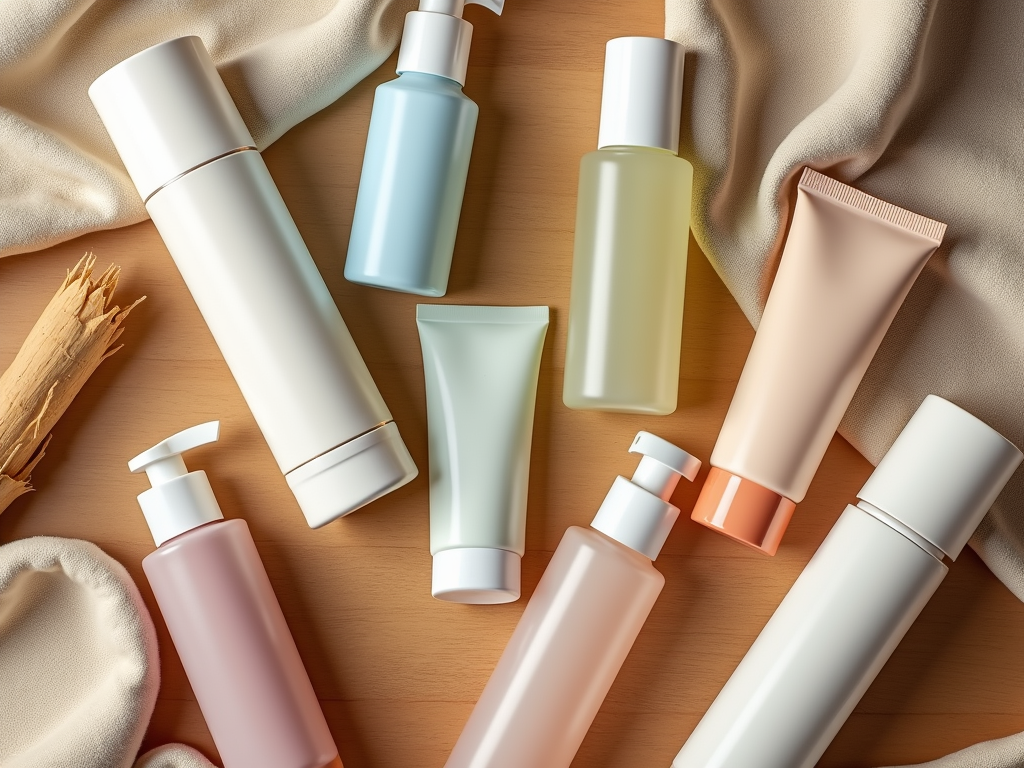
A consistent skincare routine is crucial for managing oily skin effectively. Here are some key steps to incorporate:
- Cleansing: Use a gentle gel-based cleanser twice daily to remove excess oil while avoiding over-drying your skin.
- Toning: Apply an alcohol-free toner that helps balance your skin’s pH and minimize pores.
- Moisturizing: Don’t skip this step! Use an oil-free, non-comedogenic moisturizer to keep your skin hydrated without adding excess oil.
- Exfoliating: Exfoliate 1-2 times a week with a chemical exfoliator containing salicylic acid to unclog pores and reduce oiliness.
- Sun Protection: Use a lightweight, oil-free sunscreen daily to shield your skin from harmful UV rays without exacerbating oiliness.
Some people prefer home remedies to manage oily skin naturally. Here are a few effective options:
- Honey and Lemon Mask: Mix honey with lemon juice and apply it to your face. Leave it on for 10-15 minutes before rinsing off.
- Green Tea Toner: Brew green tea, let it cool, and use it as a toner to help reduce oil and inflammation.
- Clay Masks: Use a clay mask once a week to absorb excess oil and draw out impurities from your pores.
Dietary Changes to Combat Oiliness
Your diet plays a significant role in your skin’s health. To remedy oily skin, consider making the following dietary changes:
- Increase Water Intake: Aim for at least 8 glasses of water daily to keep your skin hydrated and flush out toxins.
- Eat More Fruits and Vegetables: Incorporate a variety of colorful fruits and vegetables to provide antioxidants, which are crucial for skin health.
- Limit Sugar and Dairy: Reducing the intake of sugary foods and dairy products may help decrease oil production.
Consult a Dermatologist
If home remedies and over-the-counter products aren’t yielding the desired results, it may be time to consult a dermatologist. A professional can provide personalized advice and possibly prescribe stronger topical treatments or medications to address the severe aspects of oily skin. Treatments may include retinoids, oral medications, or even professional procedures such as chemical peels or laser therapy. Always seek out a specialist who understands your skin’s unique needs and can provide tailored solutions.
Conclusion
Treating oily skin is a multi-faceted approach that requires a combination of proper skincare, dietary changes, and, if necessary, consultation with a dermatologist. By understanding your skin and incorporating effective remedies, you can significantly enhance your skin’s appearance and feel more confident in your complexion. Remember that consistency is key, and it may take time to find the regimen that works best for you.
Frequently Asked Questions
1. How can I tell if my skin is oily?
If your face appears shiny, especially on the forehead, nose, and chin (often called the T-zone), and if you experience frequent acne breakouts, you likely have oily skin. The presence of enlarged pores can also be a giveaway.
2. Can oily skin be treated with natural remedies?
Yes, natural remedies like honey, aloe vera, and clay masks can help manage oily skin. However, results may vary, so it’s important to test individual sensitivities and consult a professional if severe issues persist.
3. Is it necessary to use a moisturizer if I have oily skin?
Absolutely! Moisturizing is essential for oily skin; just ensure you choose an oil-free, non-comedogenic product to avoid clogging pores.
4. Can diet affect oily skin?
Indeed, your diet can influence oil production. Foods high in sugar and certain dairy products can exacerbate oiliness, while drinking plenty of water and eating a balanced diet can help improve skin health.
5. When should I see a dermatologist for my oily skin?
If your oily skin persists despite trying various home remedies and skincare products, or if you’re experiencing persistent acne, it may be time to seek help from a dermatologist who can offer specialized treatments.
